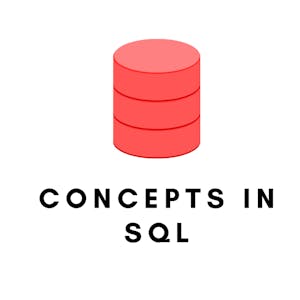Molecular Evolution (Bioinformatics IV)
About this Course
In the previous course in the Specialization, we learned how to compare genes, proteins, and genomes. One way we can use these methods is in order to construct a \"Tree of Life\" showing how a large collection of related organisms have evolved over time. In the first half of the course, we will discuss approaches for evolutionary tree construction that have been the subject of some of the most cited scientific papers of all time, and show how they can resolve quandaries from finding the origin of a deadly virus to locating the birthplace of modern humans. In the second half of the course, we will shift gears and examine the old claim that birds evolved from dinosaurs. How can we prove this? In particular, we will examine a result that claimed that peptides harvested from a T. rex fossil closely matched peptides found in chickens. In particular, we will use methods from computational proteomics to ask how we could assess whether this result is valid or due to some form of contamination. Finally, you will learn how to apply popular bioinformatics software tools to reconstruct an evolutionary tree of ebolaviruses and identify the source of the recent Ebola epidemic that caused global headlines.Created by: University of California San Diego

Related Online Courses
In this course, you will see how web apps in Azure allow you to publish and manage your website easily without having to work with the underlying servers, storage, or network assets. Instead, you... more
Delve into the history of deep learning, and explore neural networks like the perceptron, how they function, and what architectures underpin them. Complete short coding assignments in... more
This course is for anyone that wants to learn more about bias and how it can affect business, relationships, and communities. The course begins with an exploration of the word bias and its many... more
By the end of this project, you will learn a number of different concepts with SQL programming. This course will enable you to take your beginner knowledge of SQL to the next level by incorporating... more
This course is the second course in the Linear Algebra Specialization. In this course, we continue to develop the techniques and theory to study matrices as special linear transformations... more








